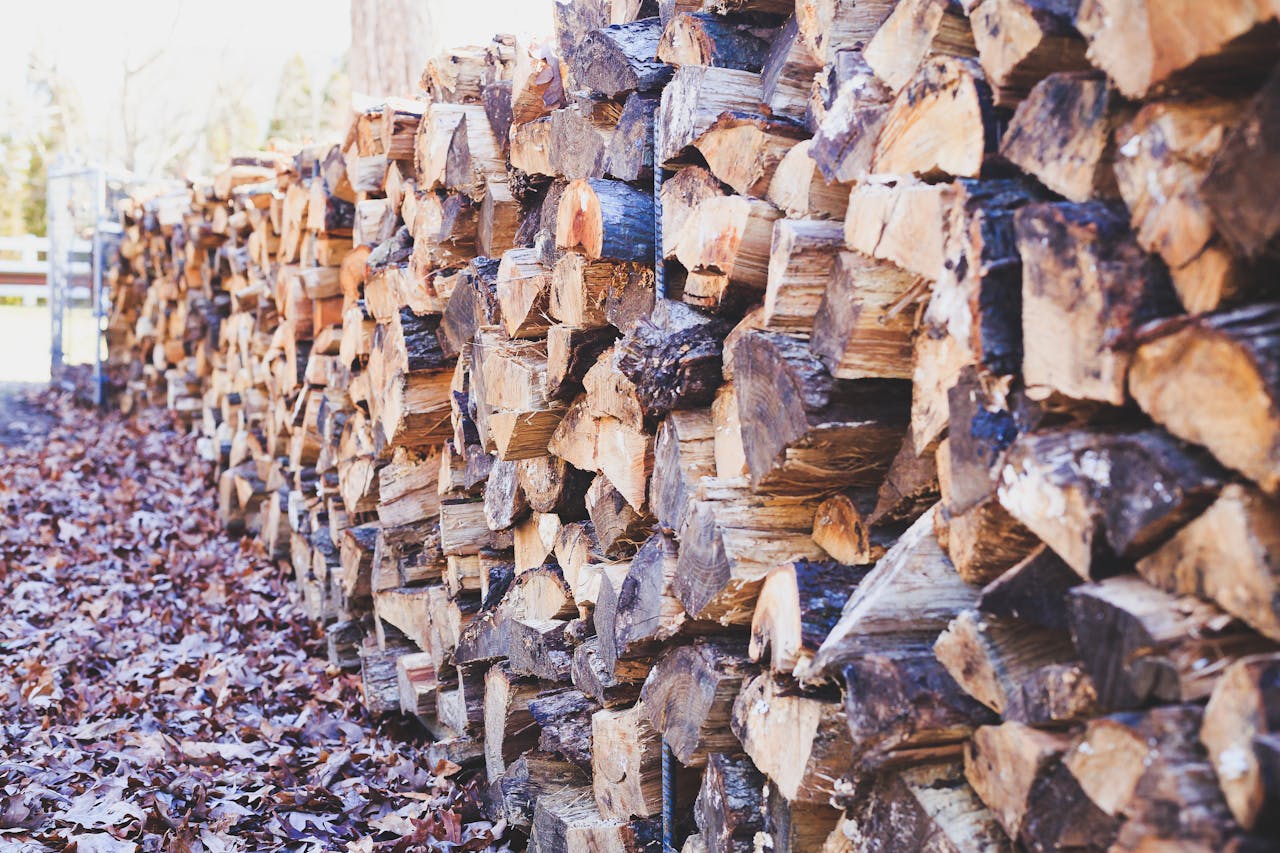Hiring a private investigator is not something most people do lightly. Whether the matter involves suspected fraud, missing persons, corporate misconduct, or sensitive personal issues, the stakes are often high. Decisions made during an investigation can affect finances, reputations, and even legal outcomes.
That is why choosing the right PI company matters. An effective investigative firm combines experience, discretion, and modern tools to uncover reliable information while staying within the law. In many cases, the quality of the investigation directly influences court proceedings, business decisions, or personal safety.
Understanding what separates a professional investigation firm from an inexperienced operator helps you protect your interests. Below, we break down the essential elements that make a professional investigative service truly effective.
Clear Legal Knowledge and Ethical Standards
An effective investigative firm operates within strict legal boundaries. Surveillance laws, privacy regulations, and evidentiary standards differ depending on jurisdiction. A reputable PI company understands these frameworks and ensures all evidence is collected lawfully.
This is critical.
Illegally obtained evidence can be dismissed in court. Worse, it may expose clients to liability. Professional investigators are trained to respect constitutional rights, data protection rules, and admissibility requirements.
Ethical conduct is equally important. Confidentiality agreements, secure data handling, and clear communication protocols protect sensitive information. Clients should never have to worry about leaks or mishandled evidence.
Professional firms also maintain proper licensing and insurance. These safeguards demonstrate accountability and reduce risk for clients.
Advanced Tools and Modern Surveillance Technology
Technology has transformed the investigative field. Today’s professionals rely on far more than basic observation techniques. An effective firm invests in modern equipment that enhances accuracy without compromising legality.
Common tools used by a professional investigation team include:
-
High-resolution surveillance cameras and long-range optics
-
GPS tracking systems used within legal parameters
-
Digital forensics software for analyzing devices and data
-
Background investigation databases
-
Secure case management systems
Technology improves efficiency. It also increases precision.
For example, digital forensics can recover deleted communications, while financial analysis tools can detect irregular transactions. However, tools alone are not enough. The real value lies in knowing how and when to use them appropriately.
An experienced PI company integrates technology with sound investigative strategy rather than relying on gadgets alone.
Experienced and Specialized Investigators
Expertise remains the foundation of effective investigative work. Technology supports investigations, but human judgment drives them.
Many top investigators come from backgrounds in law enforcement, military intelligence, forensic accounting, or legal practice. Their prior training equips them with interviewing skills, analytical thinking, and operational discipline.
Specialization also matters.
Different cases require different skill sets. Corporate fraud investigations differ from domestic matters. Cybercrime cases demand digital expertise, while insurance fraud cases require meticulous documentation and surveillance coordination.
A professional firm will match investigators to the nature of the case. This alignment ensures that evidence gathering is strategic, focused, and legally defensible.
Strong Analytical and Reporting Skills
Gathering information is only part of the job. An effective investigative service must also interpret and present findings clearly.
Reports should be structured, objective, and supported by verifiable evidence. Courts, attorneys, and corporate stakeholders rely on accurate documentation. Poorly written reports can weaken otherwise strong cases.
Effective reporting includes:
-
Clear timelines of events
-
Properly labeled photographic or video evidence
-
Verified witness statements
-
Detailed summaries of investigative methods
-
Objective conclusions without speculation
Clarity matters.
Professionally prepared reports strengthen legal proceedings and improve decision-making. They demonstrate credibility and reduce the risk of misinterpretation.
Discretion and Professional Conduct
Investigations often involve sensitive personal or corporate matters. Discretion is non-negotiable.
Professional investigators understand how to conduct surveillance without drawing attention. They avoid unnecessary risks and prioritize client confidentiality at every stage.
Operational discipline includes secure communication channels, encrypted data storage, and strict access control to case files. A reliable PI company ensures that only authorized personnel can access client information.
Professional conduct also extends to communication. Clients should receive regular updates without excessive jargon or ambiguity. Transparency builds trust, while overpromising damages credibility.
Strategic Planning Before Fieldwork
Effective investigations do not begin with random surveillance. They begin with planning.
Before initiating fieldwork, experienced investigators assess the objectives, available evidence, potential risks, and legal boundaries. They identify key questions that must be answered and outline the best methods for obtaining reliable information.
This structured approach prevents wasted time and resources.
A professional firm understands that every hour of surveillance has a cost. Strategic planning ensures that operations are targeted, efficient, and aligned with the client’s goals.
Adaptability in Complex Situations
Investigations rarely unfold exactly as expected. Circumstances change. Subjects alter routines. New information emerges.
Adaptability is essential.
Skilled investigators adjust strategies in real time while maintaining legal compliance. They remain observant, flexible, and calm under pressure.
In corporate environments, this may involve shifting focus from internal misconduct to third-party involvement. In personal cases, it could mean modifying surveillance patterns when behavior changes.
An experienced PI company recognizes that adaptability often determines success in dynamic situations.
Access to Reliable Networks and Resources
Professional investigative firms rarely operate in isolation. They maintain networks of legal advisors, forensic experts, cybersecurity specialists, and industry contacts.
These networks strengthen investigations.
For example, a financial fraud case may require collaboration with forensic accountants. A cyber investigation may involve digital security consultants. Strong professional relationships allow for comprehensive case handling.
Reliable firms also maintain access to legitimate databases and public record systems. Access to accurate information sources enhances verification and reduces reliance on speculation.
Client-Centered Communication
Investigations can be stressful. Clients may feel anxious, uncertain, or overwhelmed.
Professional firms understand this.
Clear communication, realistic expectations, and regular progress updates are essential. Clients should know what is being done, why it is being done, and what limitations may exist.
An effective PI company avoids guarantees of specific outcomes. Instead, it focuses on diligent evidence gathering and honest reporting. This approach protects both client and investigator.
Trust is built through consistency, transparency, and professionalism.
Risk Management and Safety Protocols
Field investigations carry inherent risks. Surveillance, interviews, and information gathering can expose investigators to confrontation or legal complications if handled poorly.
Professional firms implement safety protocols to protect both investigators and clients. These include operational risk assessments, secure transportation planning, and compliance reviews before sensitive activities.
Proper documentation reduces legal exposure.
Insurance coverage further safeguards clients from unintended consequences. A professional investigative firm views risk management as part of its core responsibility.
Continuous Training and Industry Awareness
The investigative field evolves rapidly. Cybercrime techniques change. Fraud schemes become more sophisticated. Privacy regulations are updated.
Professional investigators commit to ongoing training.
Continuing education in digital forensics, surveillance methods, and legal updates ensures competence. Membership in recognized industry associations also reflects commitment to professional standards.
Without ongoing development, investigative practices become outdated. A firm that invests in training demonstrates long-term reliability.
Transparency in Pricing and Scope
Clear cost structures reflect professionalism. Hidden fees, vague billing, or unclear service descriptions are red flags.
A reputable investigative firm outlines scope, estimated hours, reporting deliverables, and billing practices before commencing work. This clarity prevents misunderstandings. Transparency protects both parties.
Investigative work often influences legal proceedings, financial decisions, and personal outcomes. Choosing carefully reduces risk and increases the likelihood of accurate, defensible findings.
Professional investigative services operate at the intersection of law, technology, and human judgment. Effectiveness is not defined by flashy equipment or dramatic tactics. It is defined by discipline, expertise, ethical conduct, and strategic execution.
When those elements align, clients gain more than information. They gain clarity, protection, and confidence in the decisions that follow.









